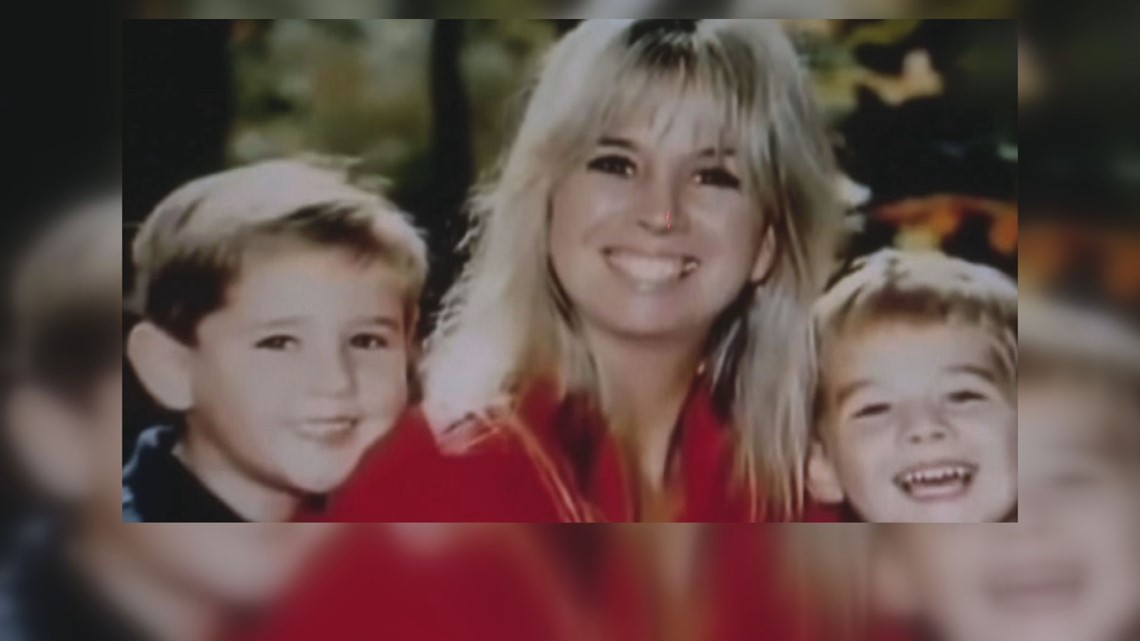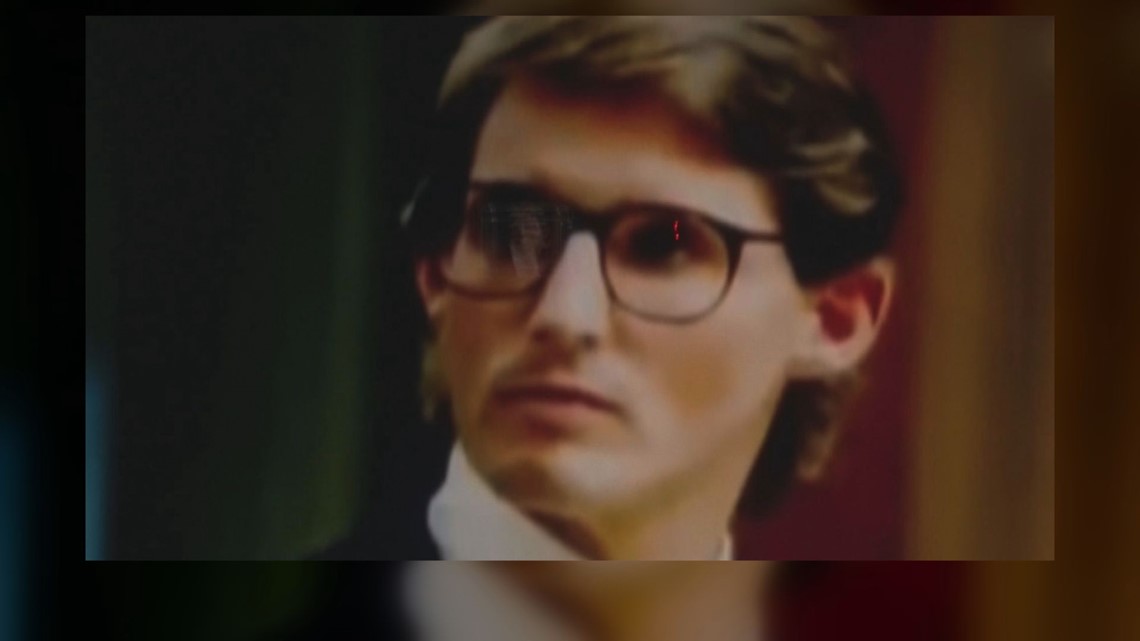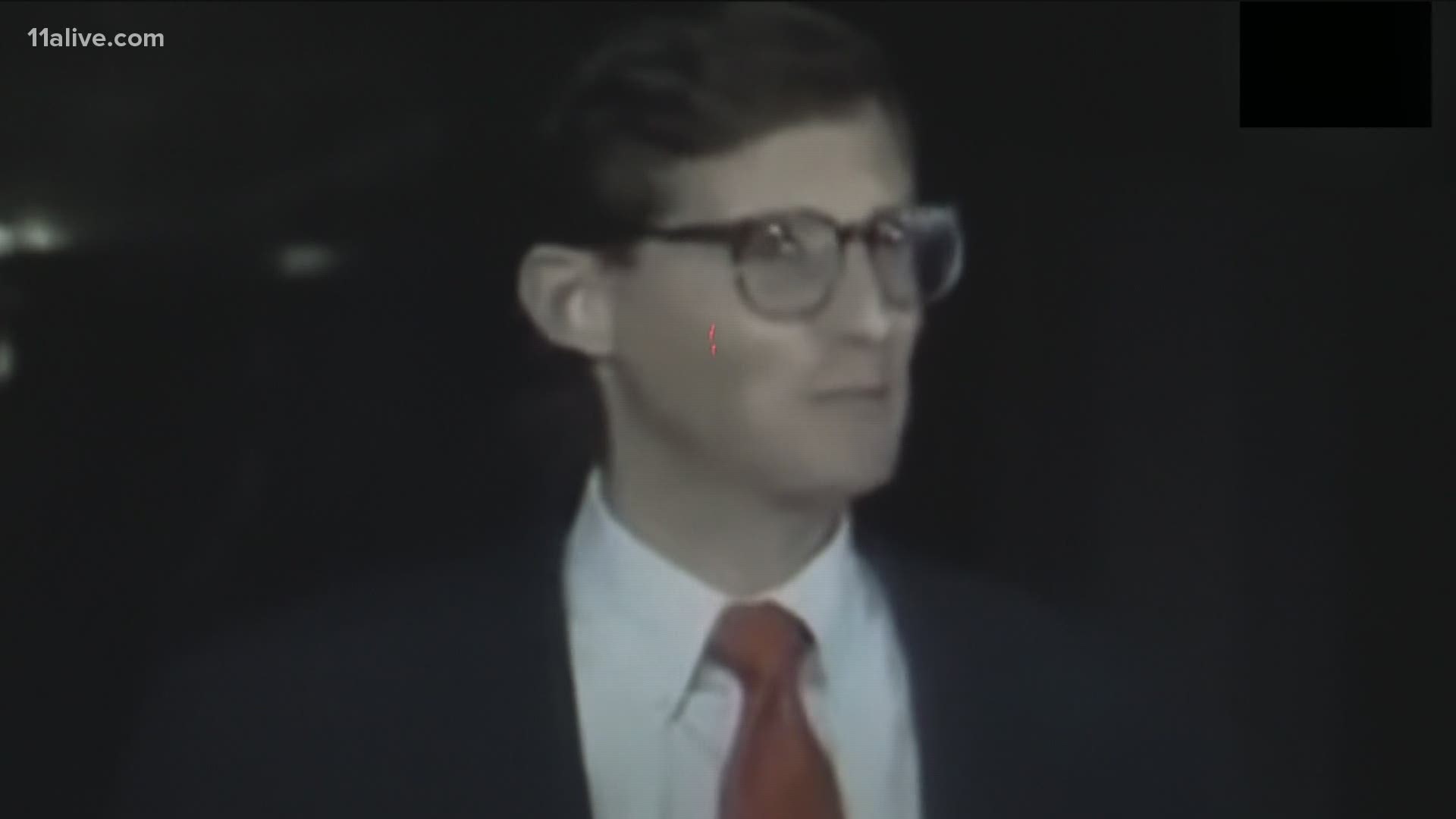ATLANTA — It was one of the most infamous and tragic murder cases in metro Atlanta in recent decades.
A Cobb County mother of two, Sara Tokars, was shot and killed in front of her young sons in 1992.
Her own husband, prominent Atlanta attorney Fred Tokars, was convicted of hiring a hit man to kill her.
Wednesday night, Fred Tokars’ attorney, Jerry Froelich of Atlanta, told 11Alive that Tokars, died Saturday in federal prison.
The case goes back more than 27 years, and it captivated and horrified people in metro Atlanta and across the country.
OTHER NEWS: Glynn County Police Department had 'on-going culture of cover-up' long before Arbery case: Grand jury


Sara Tokars was kidnapped and murdered on Thanksgiving weekend, 1992.
She and her two, young sons had just arrived at their Cobb County home after driving from Florida where they were visiting her family. Fred had left ahead of them, earlier that weekend.
The kidnapper forced her to drive her SUV down the street.
And that’s where he shot her, in her head, inside the SUV, in front of her sons.
Police eventually charged Fred with hiring the hit man.
Tokars always proclaimed his innocence, as he did at a news conference prior to his arrest.
“I emphatically deny any involvement in my wife’s murder," said Tokars.
As he continued, he appeared to choke back tears. “I became very depressed, and started to think of the lifestyle that I was losing. Not only my wife, but my, my whole lifestyle," said Tokars.
He was convicted in both federal court and state court, and sentenced to multiple life terms.
Prosecutors said he had had Sara killed because she discovered he was using his law practice for drug dealing and money laundering, and he was afraid she would turn him in.
“You know, he said he didn’t do it,” Froelich said Wednesday, quickly adding that he, Froelich, had always accepted the juries’ verdicts even though Tokars never did.
Froelich said he had just learned that Tokars, in poor health as a multiple sclerosis patient unable to walk, developed a fever last week and died Saturday in the federal prison in Pennsylvania.
OTHER NEWS: APD says domestic violence crimes up 42% while other crimes down significantly during COVID-19 pandemic


Froelich said that during the time Tokars was in prison, he would get fellow inmates to confide in him about murders and murder plots, and then Tokars would turn them in, and testify against them.
“What he did for the government was, he saved lives, he solved murders, he saved lives,” Froelich said, using his law skills in the final years of his life, Froelich said, for good. But prosecutors and the courts refused to reduce his life sentences.
“I was really angry that they didn’t reduce his sentence after he put his life [on the line more than once] and he solved those things,” Froelich said, pointing out that, over the years, others convicted, for example, of several murders, and running massive drug networks, did earn shorter sentences for their cooperation.
But Fred Tokars would not confess to the crimes he was convicted of committing, dying in prison more than 27 years after Sara was killed—and, to the end, never admitting guilt.
OTHER 11ALIVE HEADLINES |

